A hydraulic solenoid valve, also known as a solenoid-controlled directional valve, controls liquid flow in hydraulic systems. The valve is controlled by a solenoid, a ferromagnetic core wrapped in an electric coil. The valve is composed of several chambers, or ‘ports’. The solenoid opens and closes the ports, and the spool rotates inside the valve. The spool, a cylindrical component, serves as the valve by preventing or allowing liquid to travel through these ports, depending on where it is located. Read More…
We are dedicated to providing our customers with the highest quality hydraulic valves available in the industry! Our research and development departments are dedicated to working around the clock in order to keep our products on the leading edge of technological innovations at all times because we know that you rely on the most advanced products in the market! To learn more visit our website...
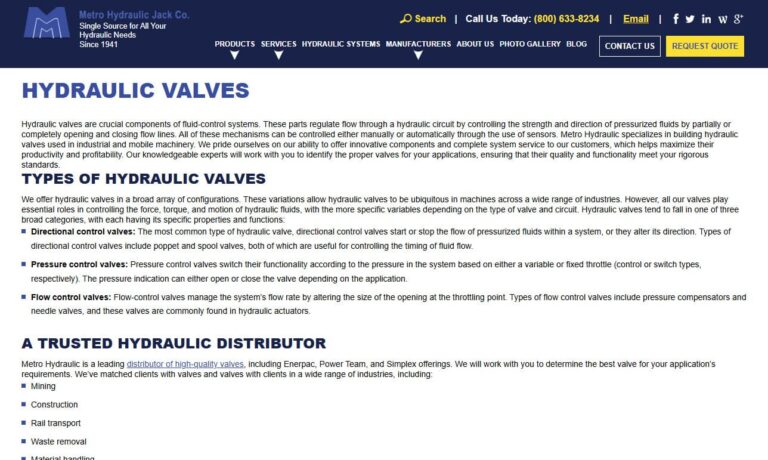
At Hyseco, Inc., we specialize in hydraulic systems, and our hydraulic valves are at the heart of what we do. We design and manufacture valves that provide reliable flow control, pressure regulation, and directional control for a wide range of industrial and mobile applications.

Hader Industries, Inc. offers a variety of pumps, motors, valves, cylinders. We're your one stop for after market hydraulic services. We also offer machining, re-chroming, honing, fabrication, and many other services. Outstanding customer service is our goal, we're here to provide solutions for your needs. Call or visit our website today for more information.
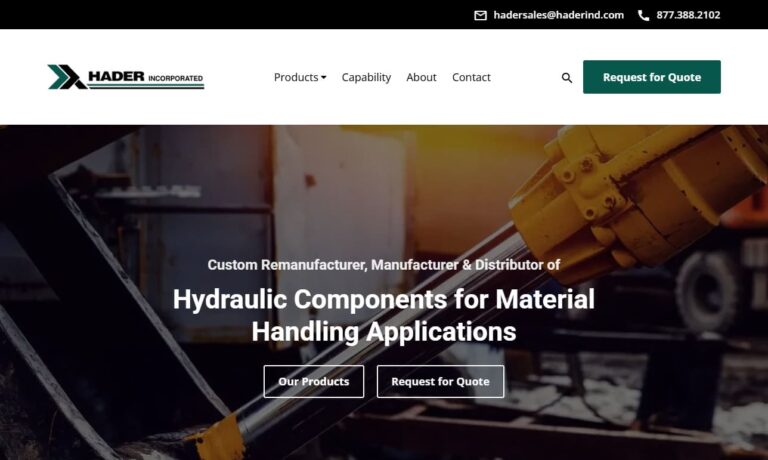
Founded in 1945, Spencer Fluid Power remains a value added distributor of hydraulic components and systems. Spencer Fluid Power continues to sell and support hydraulic components to a wide array of customer types. Small to large OEM's, timber, mining, construction and oil & gas are just a sample of the numerous industries Spencer supports today.

More Hydraulic Solenoid Valve Manufacturers

How Hydraulic Solenoid Valves Function
Hydraulic solenoid valves are essential components in modern fluid power systems, providing precise and automated control over the flow of hydraulic fluids. These devices use an electrically energized solenoid coil to actuate a valve mechanism, enabling or blocking the flow of liquids or gases in a hydraulic circuit. The solenoid is essentially a wire wound around a core, with the core consisting of a moveable armature and a stationary core—both loaded with springs for responsive action. When current is applied, the generated electromagnetic field moves the armature, opening or closing the valve depending on the design. When the solenoid coil is de-energized, a normally closed valve remains shut, while a normally open valve stays open, ensuring reliable operation and safety in critical hydraulic applications.
The use of hydraulic solenoid valves allows for remote actuation, automated process control, and integration with programmable logic controllers (PLC) in industrial automation. This makes them indispensable in a variety of sectors, including manufacturing, automotive, aerospace, agriculture, and process industries. Their ability to provide rapid switching, leak-proof sealing, and compatibility with a wide range of hydraulic fluids contributes to their popularity in demanding environments.

Types of Hydraulic Solenoid Valves
Hydraulic solenoid valves are available in various configurations to suit different requirements. Selecting the right type is crucial for system performance, energy efficiency, and safety. Below, we detail the primary types of hydraulic solenoid valves and their specific use cases.
Two-Way Solenoid Valves
Two-way solenoid valves are among the most common types used in hydraulic and pneumatic systems. They have two ports: an inlet (cavity port) and an outlet (body orifice port). These valves are primarily used to start or stop the flow of hydraulic fluid in a circuit. Their simple design makes them ideal for on/off control applications, such as actuating cylinders or controlling fluid supply lines.

Two-Way Normally Closed Solenoid Valves
In a normally closed two-way solenoid valve, the plunger remains down when the coil is not energized, sealing the valve seat to prevent fluid or gas from passing through. This configuration is ideal for safety-critical applications where the default state must prevent flow, such as in emergency shutdown systems or fuel supply cutoffs. When electrical power is applied, the coil generates a magnetic field, raising the plunger to open the valve and allow media to flow.

Two-Way Normally Open Solenoid Valves
In a normally open two-way solenoid valve, the valve remains open when de-energized, allowing media to flow freely from the inlet to the outlet. When the coil is energized, the plunger moves to seal the orifice and stop the flow. This type is often used where flow must be maintained unless actively stopped, such as in cooling systems or certain water delivery applications.
Three-Way Solenoid Valves
Three-way solenoid valves feature three ports—typically labeled as the stop port, body orifice port, and cavity port. These valves are designed to direct fluid along two different pathways, making them ideal for applications requiring alternate routing of hydraulic fluid, such as double-acting cylinders or switching between different circuits. Their versatility makes them popular in process automation, mobile hydraulics, and industrial machinery.

Three-Way Normally Open Solenoid Valve
For a three-way normally open solenoid valve, when power is off, the plunger is raised, sealing the stop orifice and enabling flow from the body orifice port to the cavity port. When energized, the valve's configuration changes, sealing the body orifice and redirecting flow from the cavity port to the stop port. This switching function is essential for controlling actuator positions or alternating supply and exhaust functions in pneumatic and hydraulic systems.
Three-Way Normally Closed Solenoid Valve
A three-way normally closed solenoid valve allows fluid to flow from the cavity port out the stop port while the plunger seals the body orifice. When the coil is energized, the plunger shifts to block the stop orifice and opens the body orifice, redirecting the flow. This type is ideal for applications requiring fail-safe positioning or sequential actuation of multiple devices.
Three-Way Directional Control Solenoid Valve
The three-way directional control solenoid valve offers the most flexibility, as the plunger can be raised or lowered based on the electrical input. This allows for selective sealing and opening of the valve’s orifices, providing full directional control of hydraulic flow. Such valves are frequently used in advanced automation, robotics, and process control systems that demand precise and variable actuation.
Four-Way Solenoid Valves
Four-way solenoid valves, commonly known as 4/2 or 4/3 directional control valves, are integral to complex hydraulic and pneumatic circuits. These valves have four ports: a pressure inlet, two actuator ports, and an exhaust port, allowing for full control over double-acting actuators and motors. The five-valve configuration (with a pilot port) is common in advanced hydraulic systems, enabling reversible motion and precise control in both industrial and mobile equipment.

In resting state, the core spring pushes the solenoid forward against the base, sealing the valve. When energized, the coil retracts the core, opening the pilot and changing the flow path within the spool valve. This mechanism is especially useful in applications requiring complex actuator movement, such as in CNC machinery, heavy construction equipment, and automated manufacturing lines.
Hydraulic Solenoid Valve Applications
Hydraulic solenoid valves are engineered for versatility and are used in an extensive range of industrial, commercial, and mobile applications. Their ability to provide reliable, automated, and precise control of hydraulic fluids makes them a preferred choice for engineers and system designers.
- Water delivery systems: Automated irrigation, municipal water distribution, and industrial water treatment plants utilize solenoid valves for remote control and pressure regulation.
- Fuel supply systems: Petroleum refineries, fuel injection systems, and backup generators depend on hydraulic solenoid valves for safe and accurate fuel flow control.
- Sewage and wastewater treatment: Solenoid valves regulate the flow of sludge, chemicals, and treated water, ensuring compliance with environmental standards.
- Process management in production facilities: Chemical manufacturing, food and beverage processing, and pharmaceutical plants use solenoid valves for batch control, mixing, and transfer operations.
- Hydraulic brakes, pumps, and motors in the automotive industry: Modern vehicles, construction machinery, and material handling equipment rely on solenoid valves for braking systems, transmission control, and active suspension.
- Marine and aeronautical hydraulic systems: Aircraft landing gear, ship steering, and cargo handling systems employ solenoid valves for responsive actuation and safety redundancy.
- Heavy equipment for landscaping and construction: Bulldozers, excavators, and cranes use hydraulic solenoid valves for controlling boom, arm, and bucket movements.
- Agricultural machinery: Tractors, harvesters, and sprayers integrate solenoid valves for efficient fluid control in precision farming operations.
Key Questions: How Do You Choose the Right Hydraulic Solenoid Valve for Your Application?
When selecting a hydraulic solenoid valve, consider the following questions to ensure optimal performance and reliability:
- What type of hydraulic fluid will be controlled (oil, water, fuel, etc.)?
- What are the operating pressure and temperature ranges required?
- Is a normally open or normally closed configuration best for your safety needs?
- Do you need two-way, three-way, or four-way flow control?
- What are your voltage and electrical interface requirements?
- What certifications or compliance standards does your application demand?
- Is corrosion resistance or explosion-proof construction necessary for your environment?
Popular Search Intents & Use Cases
- How do hydraulic solenoid valves improve automation in manufacturing? Learn how automated valve actuation enhances efficiency and reduces manual intervention.
- What is the difference between direct-acting and pilot-operated solenoid valves? Explore the operational differences and recommended applications for each type.
- Can solenoid valves handle high-pressure hydraulic applications? Discover the pressure ratings and construction materials suitable for heavy-duty applications.
- Where can I buy hydraulic solenoid valves for industrial or mobile equipment? Compare trusted suppliers and manufacturers using our comprehensive directory.
- How do I maintain and troubleshoot a hydraulic solenoid valve? Find maintenance tips, troubleshooting guides, and recommendations for maximizing valve lifespan.
Benefits of Hydraulic Solenoid Valves
Using hydraulic solenoid valves in your fluid power systems delivers a range of benefits, making them an excellent investment for businesses seeking reliability, efficiency, and automation. Some of the top advantages include:
- Minimal energy use: Electromagnetic actuation consumes very little power, especially when compared to manual or mechanical alternatives, contributing to overall energy savings.
- Remote control capability: Operators can control valves from safe, centralized locations or through programmable controllers, enabling system automation and improved safety.
- Affordable maintenance and service: With fewer moving parts and standardized designs, solenoid valves are easy to service, reducing downtime and maintenance costs.
- Rapid open/close times: Fast switching is ideal for applications requiring precise timing and process control, such as packaging lines or safety interlocks.
- Wide temperature operation: Quality hydraulic solenoid valves are engineered to function reliably across extreme temperature ranges, making them suitable for outdoor and industrial environments.
- Leak-proof and safe: Robust sealing mechanisms prevent external leaks, protect personnel, and safeguard equipment.
- Flexible installation: These valves can be mounted horizontally or vertically, adapting to space constraints and system design requirements.
- Variety of material options: Stainless steel, brass, and engineered plastics meet diverse application needs, including corrosion resistance and food-grade compliance.
- Compatible with multiple hydraulic fluids: Select models are designed for oils, water, chemicals, and specialty fluids, expanding their utility across industries.
- High cycle life: Engineered for durability, solenoid valves deliver consistent performance over millions of cycles.
Additional Benefits: Why Choose Hydraulic Solenoid Valves?
Hydraulic solenoid valves outperform traditional manual valves in automation, precision, and safety. They enable seamless integration with digital control systems, support predictive maintenance strategies through built-in sensors, and allow for real-time monitoring and diagnostics. Their modular construction makes them easy to upgrade or replace, and many models offer fieldbus or IoT compatibility for Industry 4.0 initiatives.
Choosing the Right Hydraulic Solenoid Valve Supplier
Selecting a reputable hydraulic solenoid valve supplier is a critical step toward ensuring system reliability and long-term value. Consider the following when evaluating suppliers:
- Product quality and certifications: Look for suppliers offering ISO-certified manufacturing, compliance with CE, ATEX, or UL standards, and proven track records in your industry.
- Comprehensive product range: Choose suppliers with a broad selection of valve types, sizes, and materials to match your application’s unique demands.
- Technical expertise and support: Reputable suppliers provide engineering guidance, application-specific recommendations, and responsive customer service.
- Customization capabilities: Some projects require tailored solutions—seek manufacturers who offer custom engineering, prototyping, or modifications.
- Availability and lead times: Fast, reliable delivery ensures you stay on schedule and minimize costly downtime.
- Competitive pricing and warranty: Evaluate cost against performance, warranty terms, and after-sales service to maximize long-term ROI.
- Global reach and logistics: International suppliers with robust logistics networks can support large-scale projects and ongoing maintenance needs.
To ensure you have the most constructive outcome when purchasing hydraulic solenoid valves, compare several companies using our directory of hydraulic solenoid valve suppliers. Each supplier’s business profile page highlights their areas of experience, capabilities, certifications, and product range. Use the provided contact form to request additional details, technical specifications, or a customized quote tailored to your application.
For a streamlined comparison, review each hydraulic solenoid valve supplier’s website using our patented website previewer. Quickly learn what each company specializes in, evaluate their technical resources, and check for customer testimonials or case studies. Ready to take the next step? Use our simple RFQ form to contact multiple suppliers simultaneously—save time and accelerate your procurement process.
Frequently Asked Questions (FAQs)
- What are the main factors in selecting a hydraulic solenoid valve? Consider media compatibility, pressure and temperature ratings, valve configuration (NO/NC), flow rate requirements, connection types, and compliance standards.
- How do I troubleshoot a malfunctioning hydraulic solenoid valve? Common issues include coil failure, debris in the valve seat, incorrect voltage, or worn seals. Refer to manufacturer documentation or consult a technician for diagnostics and repair.
- Are hydraulic solenoid valves suitable for high-pressure systems? Yes, many industrial-grade valves are rated for high pressures (up to several thousand PSI) and are constructed from durable materials for harsh environments.
- Can I retrofit solenoid valves into existing hydraulic systems? In most cases, yes. Ensure compatibility with your system’s electrical and fluid parameters, and consult with your supplier for guidance.
- What maintenance is required for hydraulic solenoid valves? Routine inspection, cleaning of orifices, checking electrical connections, and replacing seals as needed will prolong valve life and ensure trouble-free operation.
Explore More Hydraulic Valve Solutions
Interested in learning more about hydraulic control solutions? Explore our in-depth guides on related hydraulic valve types, such as directional control valves, pressure relief valves, and flow control valves. Compare features, benefits, and application tips for each valve type to optimize your fluid power system's performance.
Ready to request a quote or need expert advice? Contact our team or use our search tool to find the best hydraulic solenoid valve for your project today.

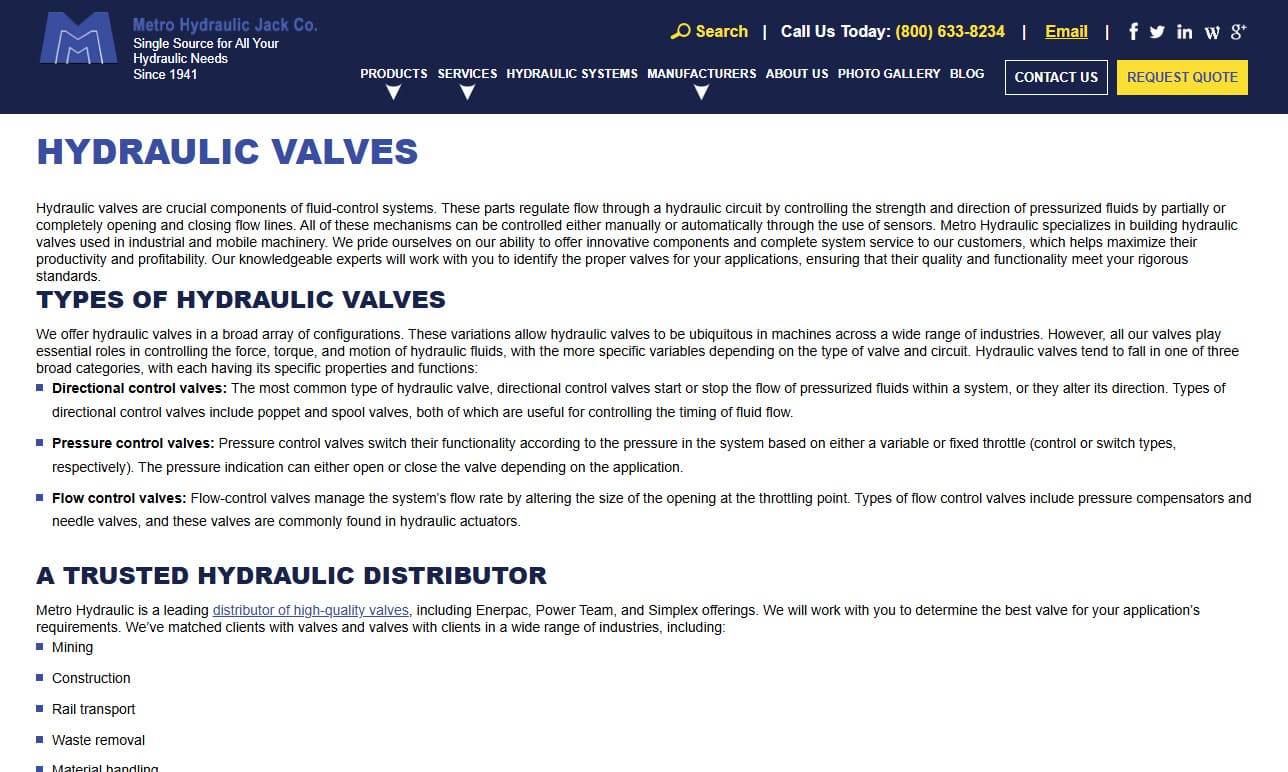
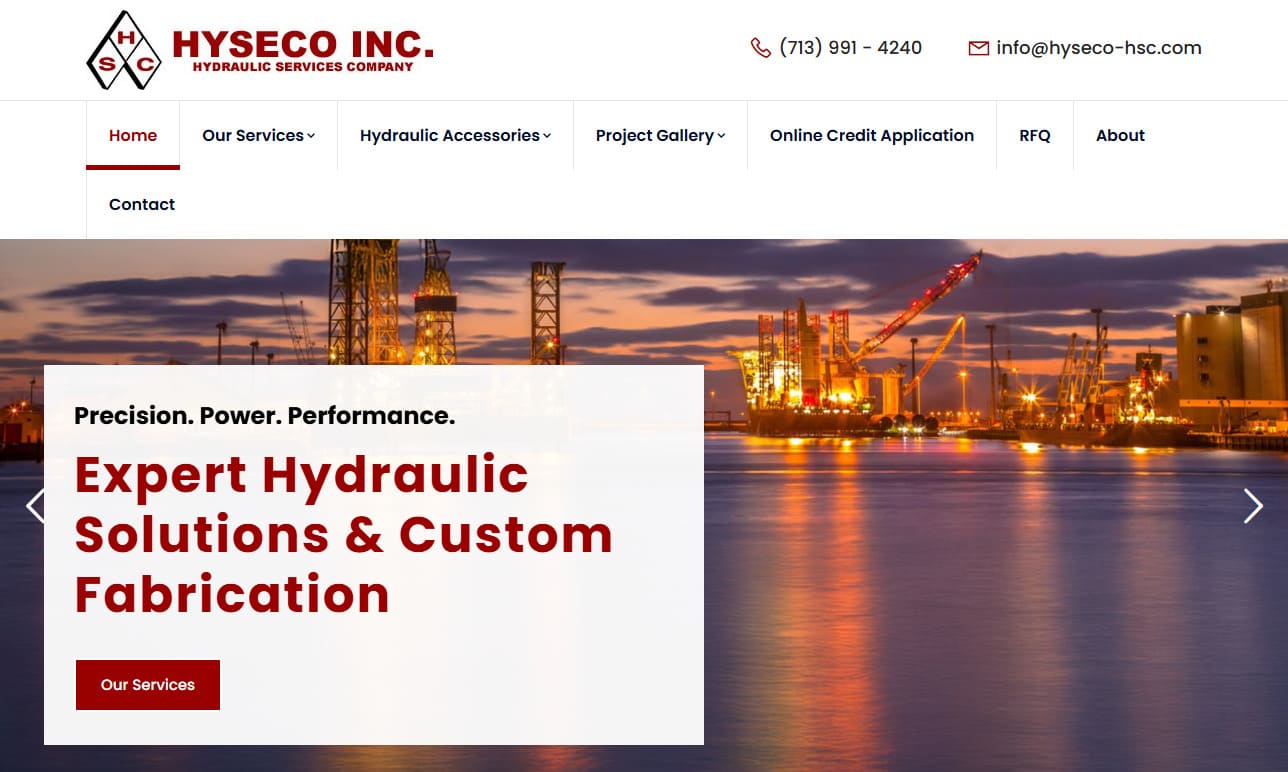
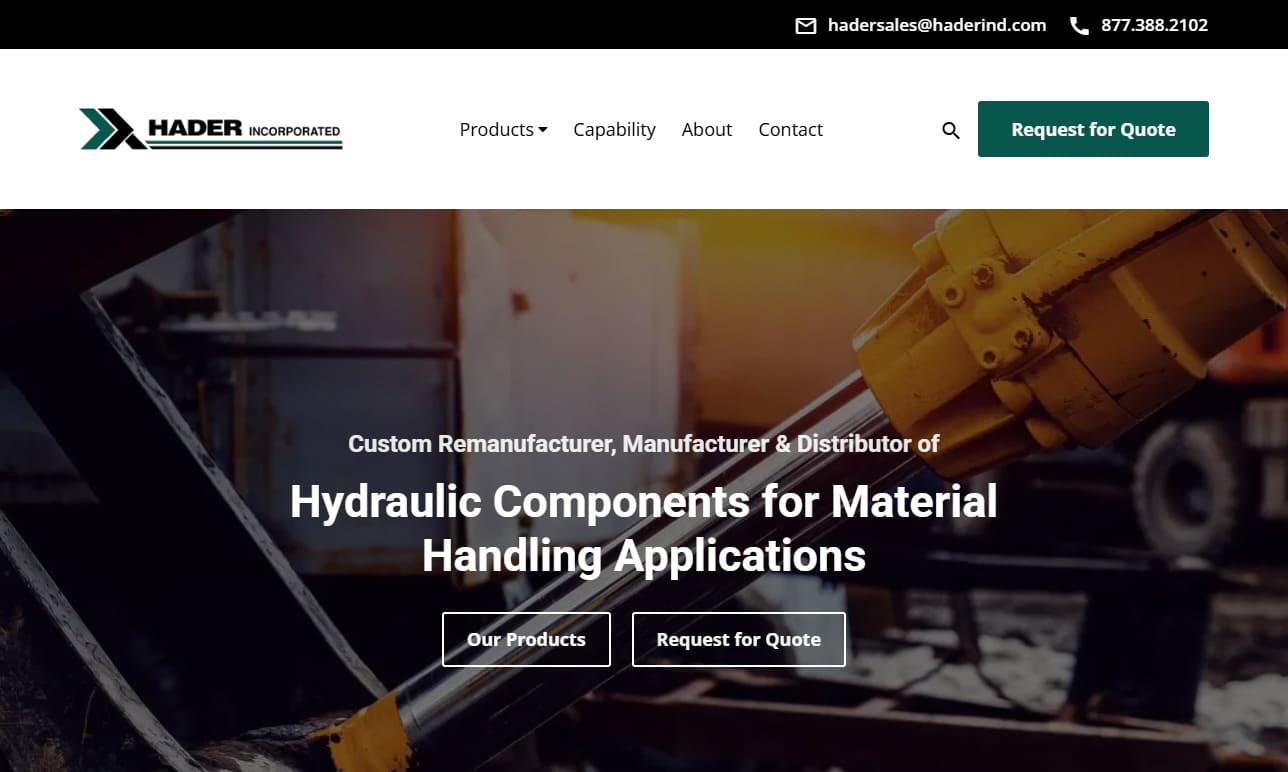

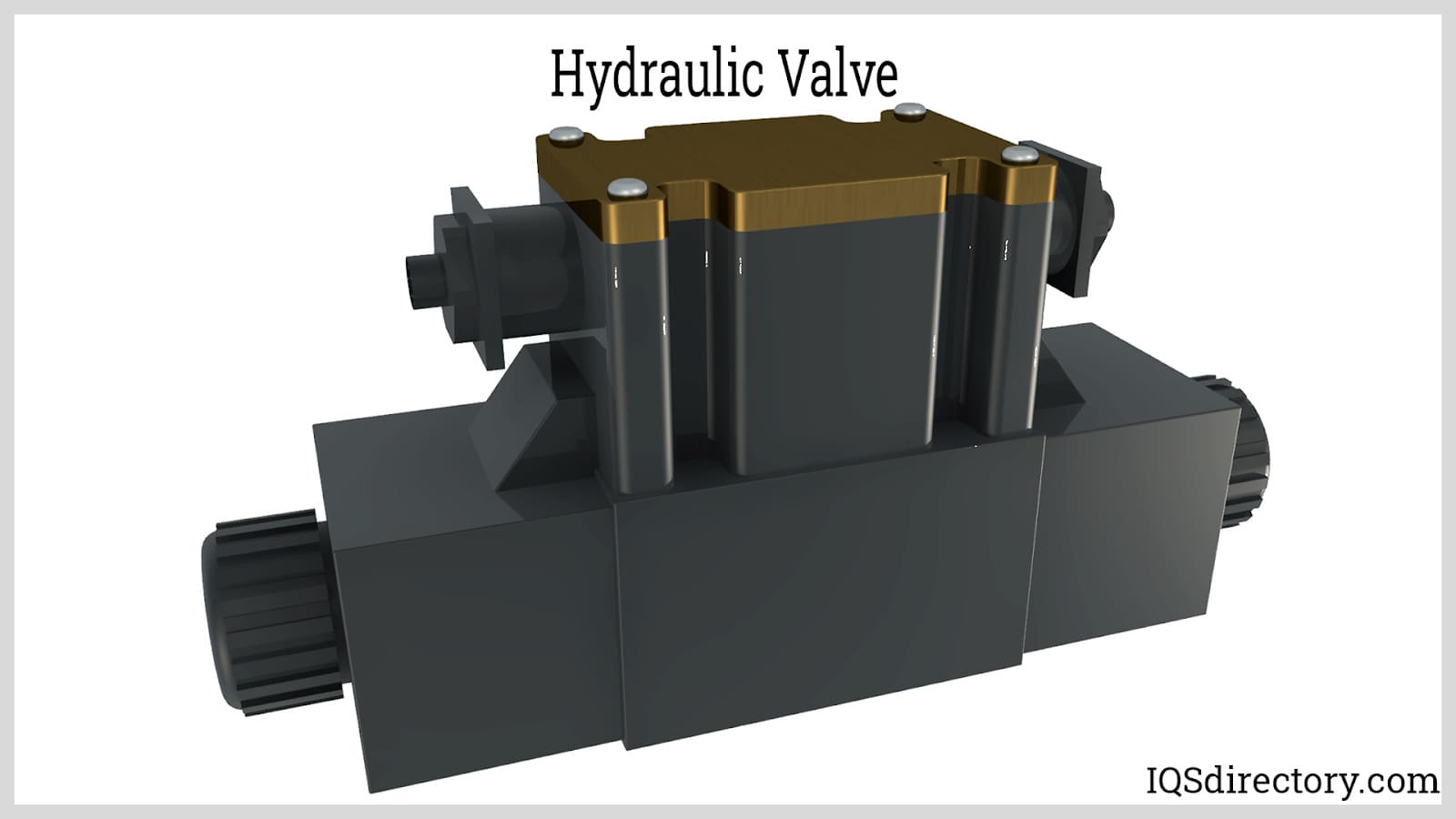
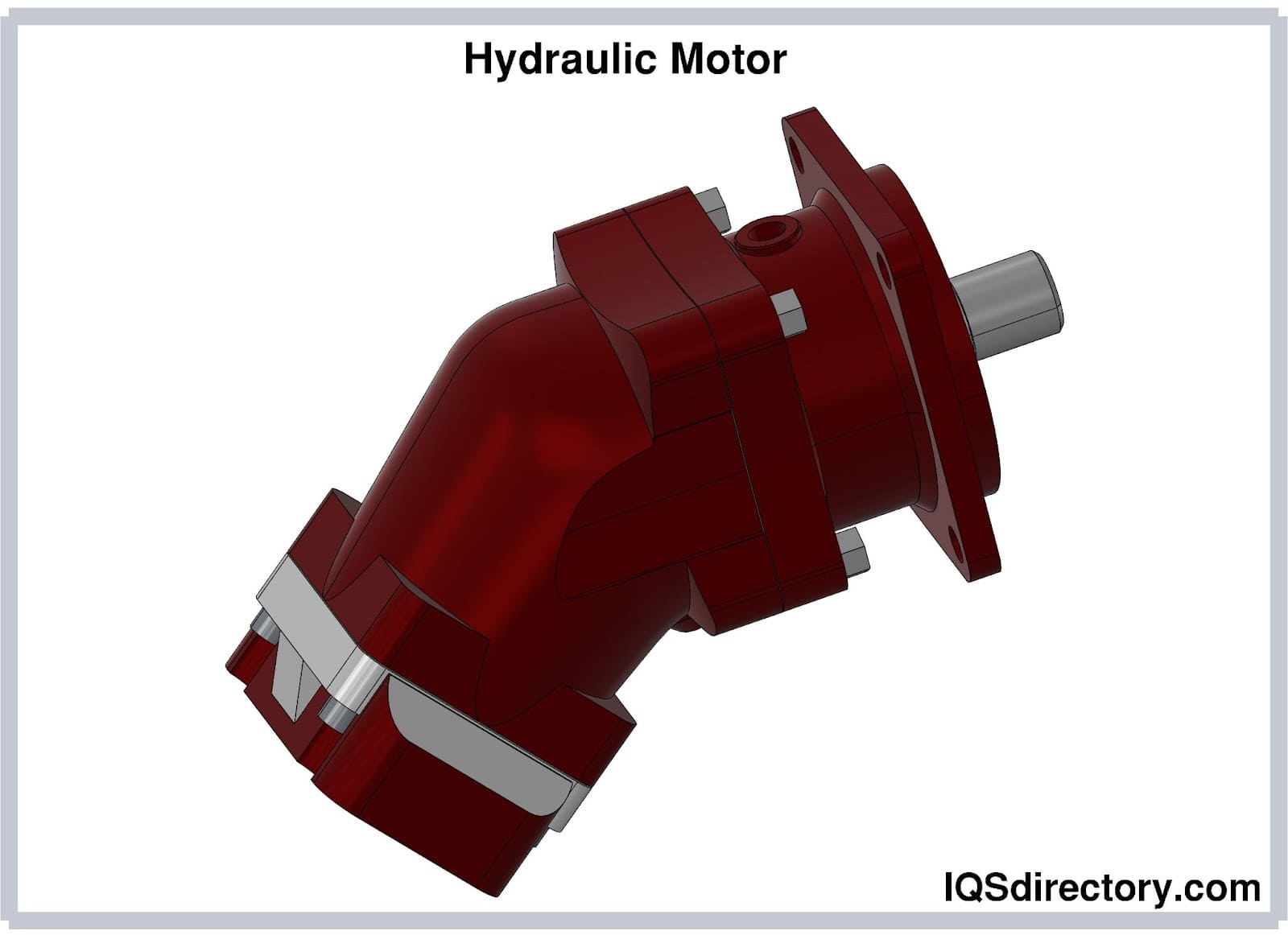
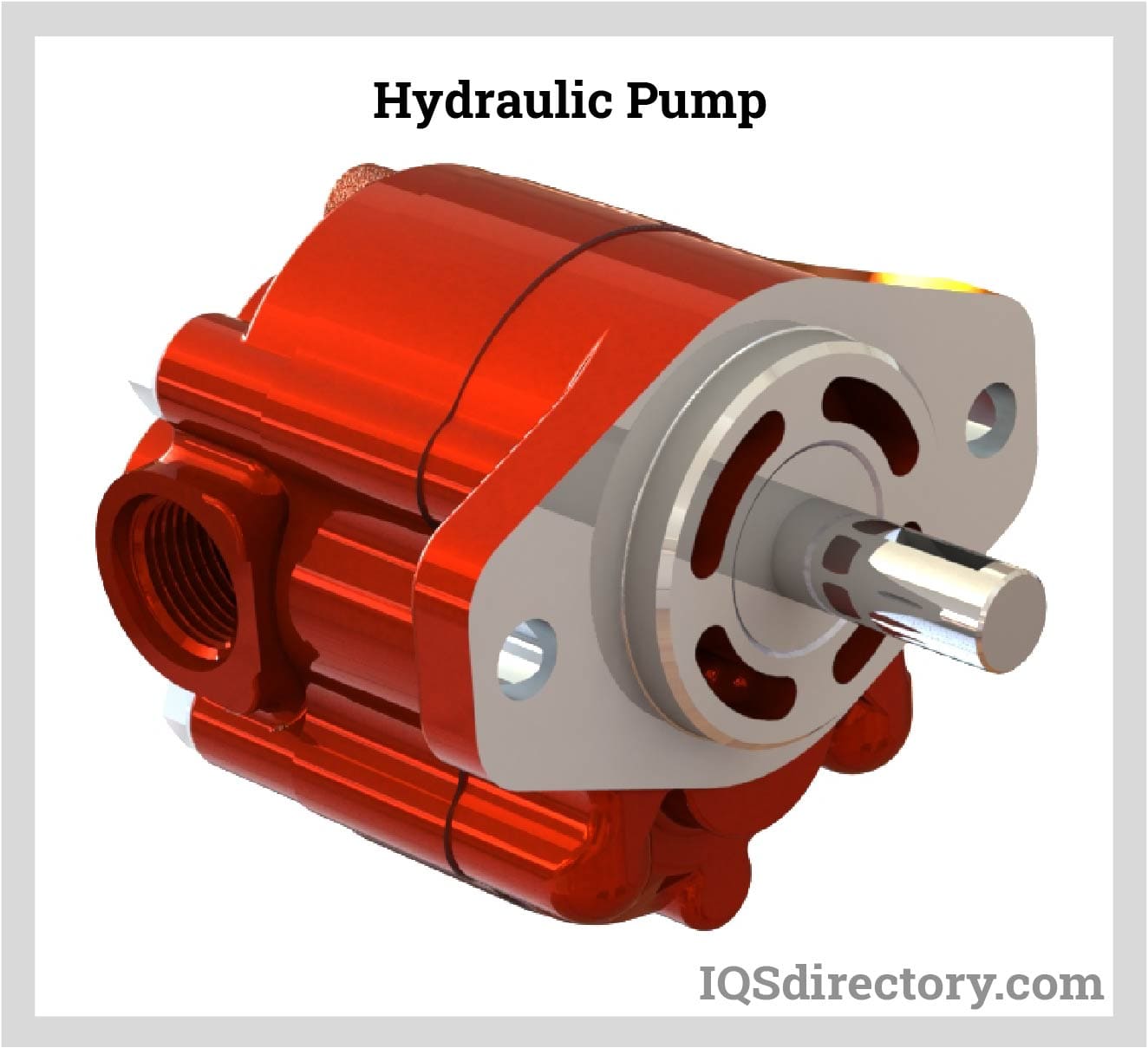
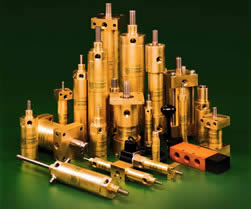 Hydraulic Cylinders
Hydraulic Cylinders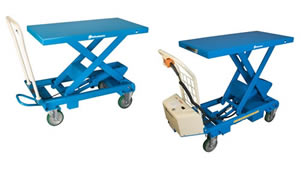 Hydraulic Lifts
Hydraulic Lifts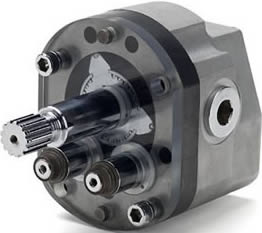 Hydraulic Motors
Hydraulic Motors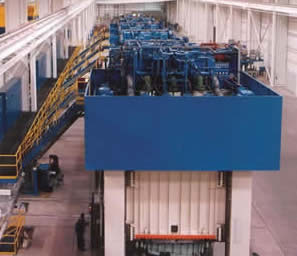 Hydraulic Presses
Hydraulic Presses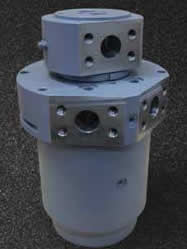 Hydraulic Pumps
Hydraulic Pumps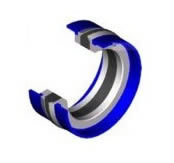 Hydraulic Seals
Hydraulic Seals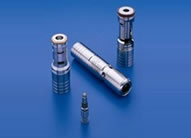 Hydraulic Valves
Hydraulic Valves Castings & Forgings
Castings & Forgings Bulk Material Handling
Bulk Material Handling Electrical & Electronic Components
Electrical & Electronic Components Flow Instrumentation
Flow Instrumentation Hardware
Hardware Material Handling Equipment
Material Handling Equipment Metal Cutting Services
Metal Cutting Services Metal Forming Services
Metal Forming Services Metal Suppliers
Metal Suppliers Motion Control Products
Motion Control Products Plant & Facility Equipment
Plant & Facility Equipment Plant & Facility Supplies
Plant & Facility Supplies Plastic Molding Processes
Plastic Molding Processes Pumps & Valves
Pumps & Valves Recycling Equipment
Recycling Equipment Rubber Products & Services
Rubber Products & Services